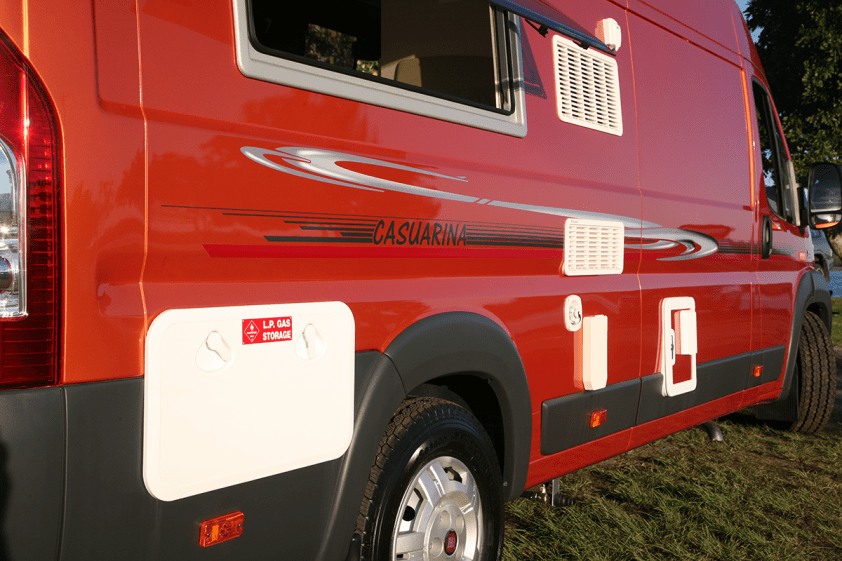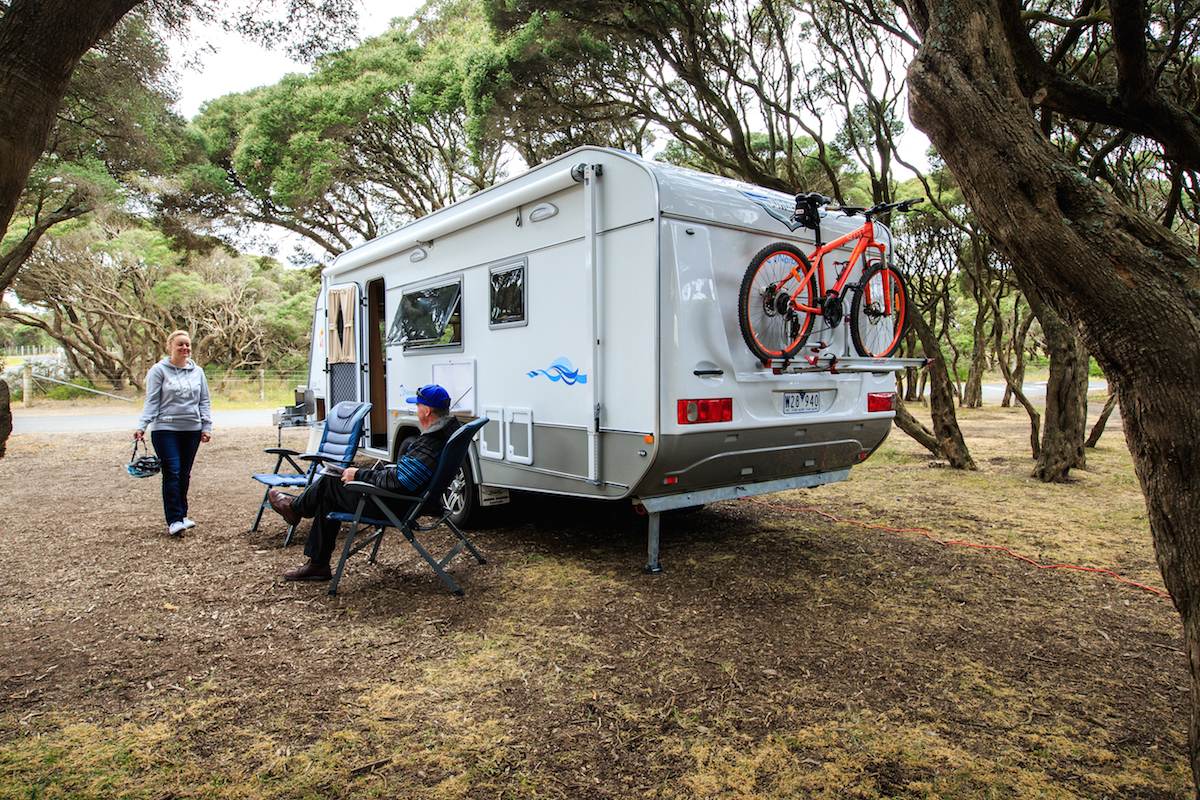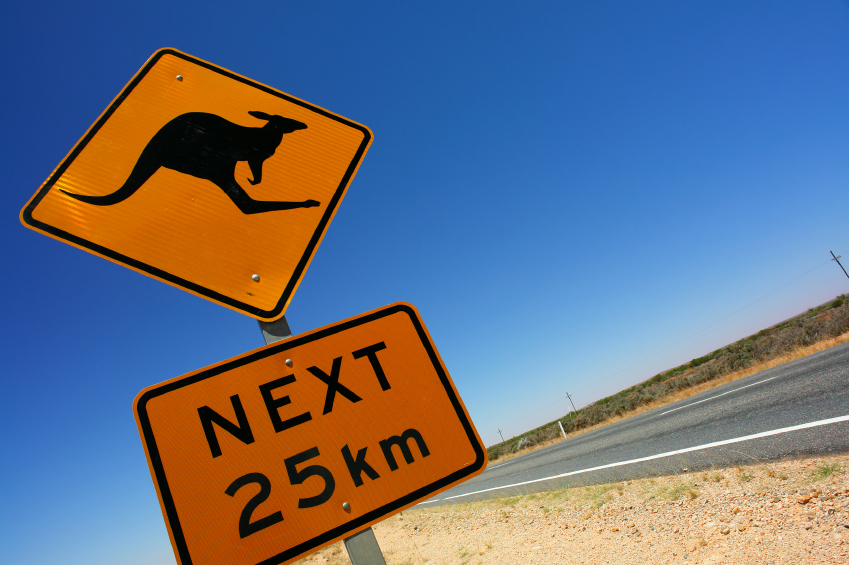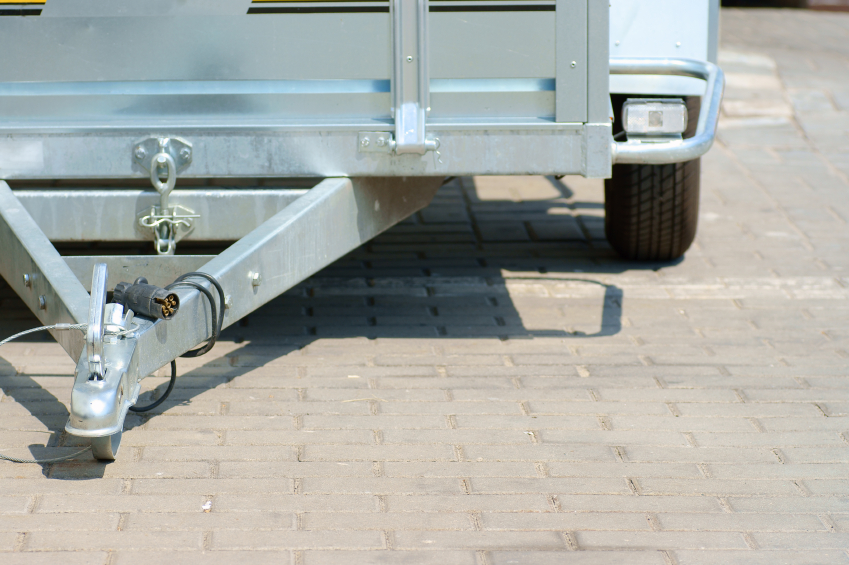LP gas systems are very common in recreational vehicles used in Australia. As an energy source they are quite safe if treated properly and maintained in good condition. Most accidents occur through misuse rather than anything else.
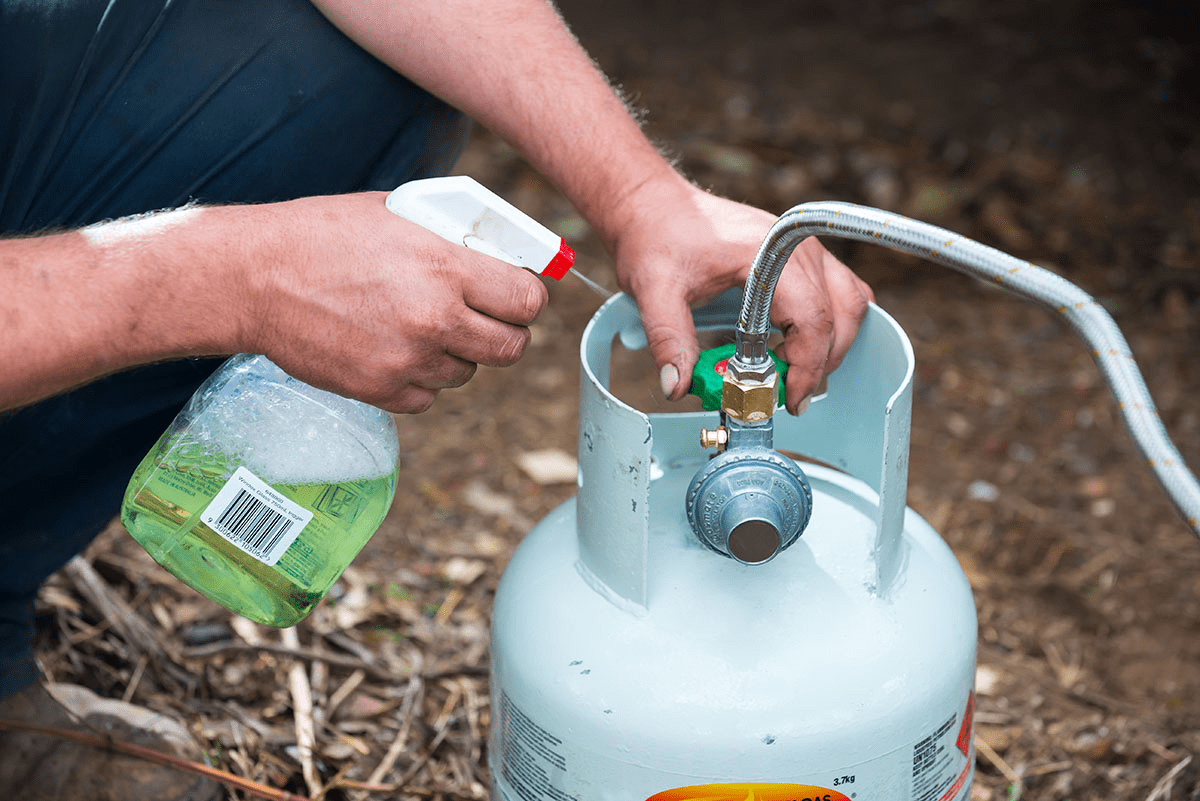
All gas installations are covered by the appropriate standard AS/NZS 5601. That is not the same as AS/NZS 1596, which refers to the storage and handling of LP gas. Because of the requirements of AS/NZS 5601 all works on a RV gas system is legally off limits to any budding handyman. In fact about the only things that can be done are checking for leaks using soapy water and connecting and disconnecting the gas cylinders. Note that they are cylinders not bottles – that is what we get soft drinks and wine delivered in.
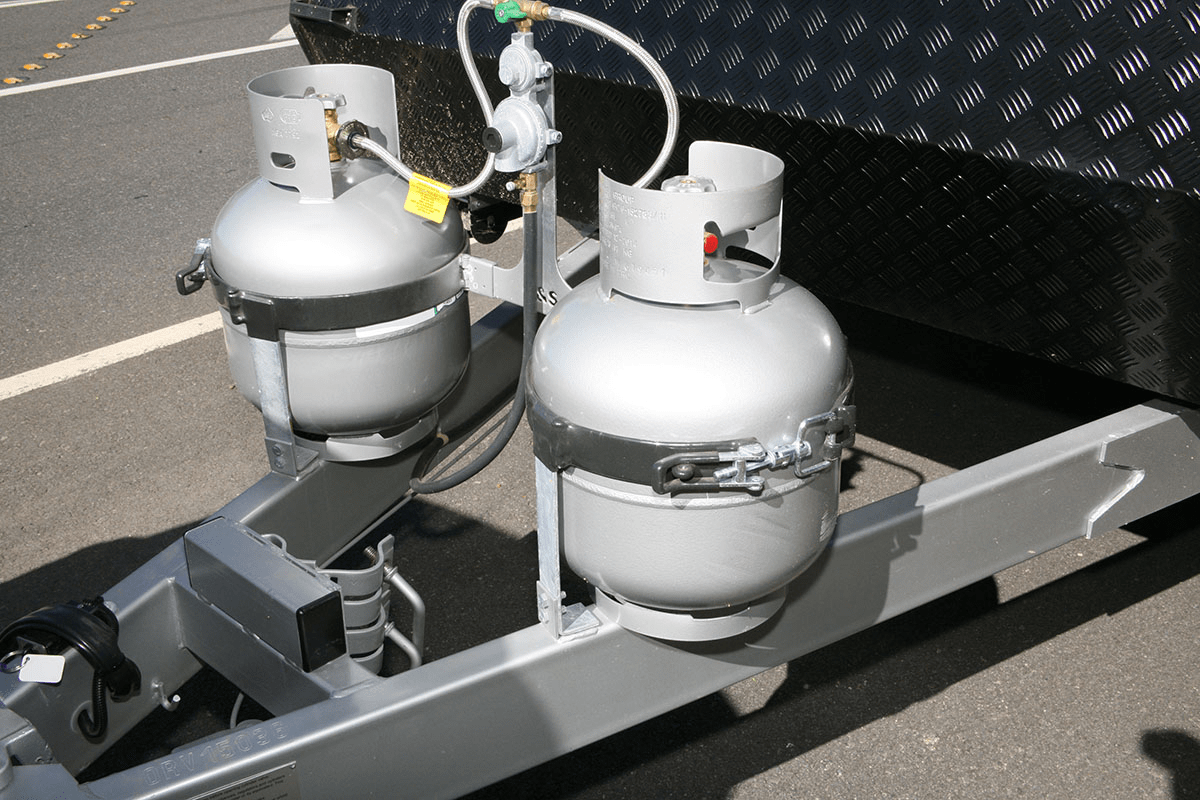
There isn’t a great deal of maintenance that can be done on an LP gas system, apart from keeping it reasonably clean and checking for damage, particularly underneath the van where gas lines might be prone to stone damage. In the keeping clean department, most important are any ventilation holes in the gas cylinder bin (if there is one) and the vent that is often fitted to the lower door area. An external gas bayonet connection which is often found under the van should always be checked before use for any mud or dirt that may affect a good connection. Gas cylinders are legally required to be checked every 10 years by an appropriate person, although the advent of the “Swap and Go” outlets has changed that somewhat.
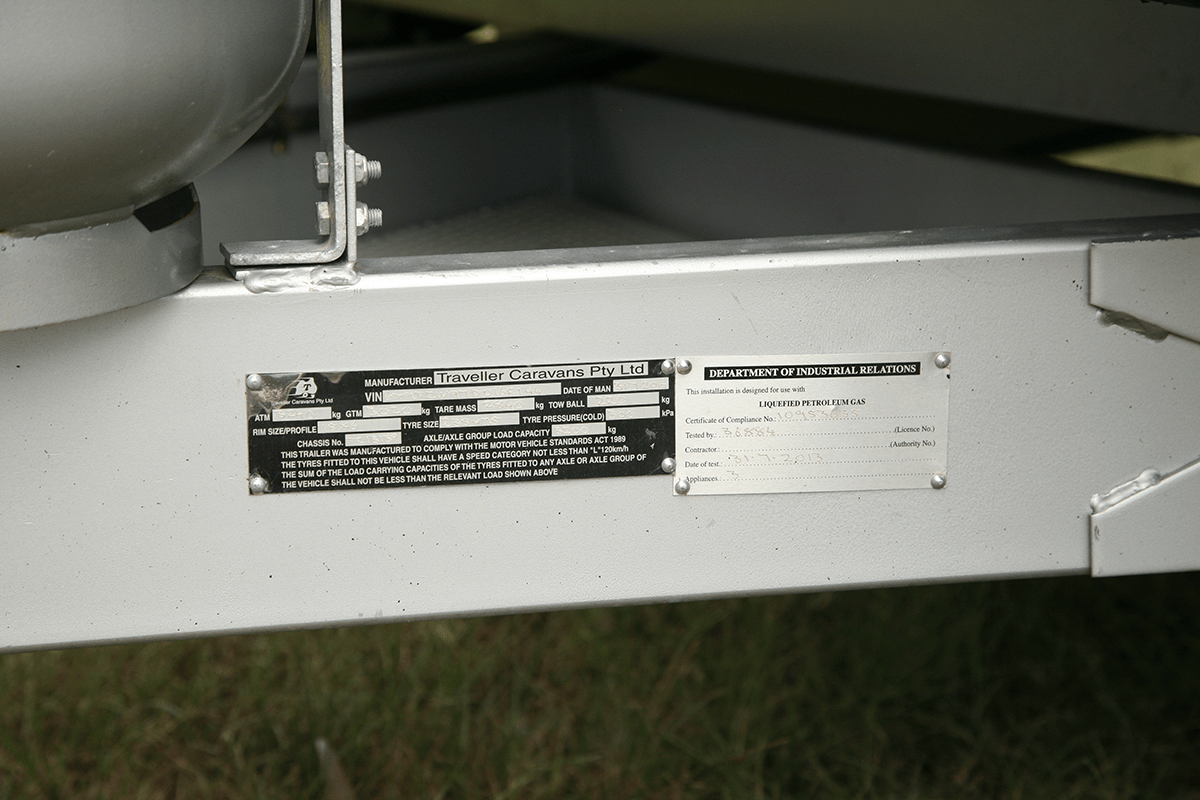
Appliances are slightly different, in that they do require a little more attention. Cookers/hobs should always be kept clean with particular attention to the burners. Fridges operate most efficiently when all the ventilation hatches are kept clean. Water heaters require a little attention, one item although not strictly gas being the sacrificial anode which should be replaced on a regular basis.
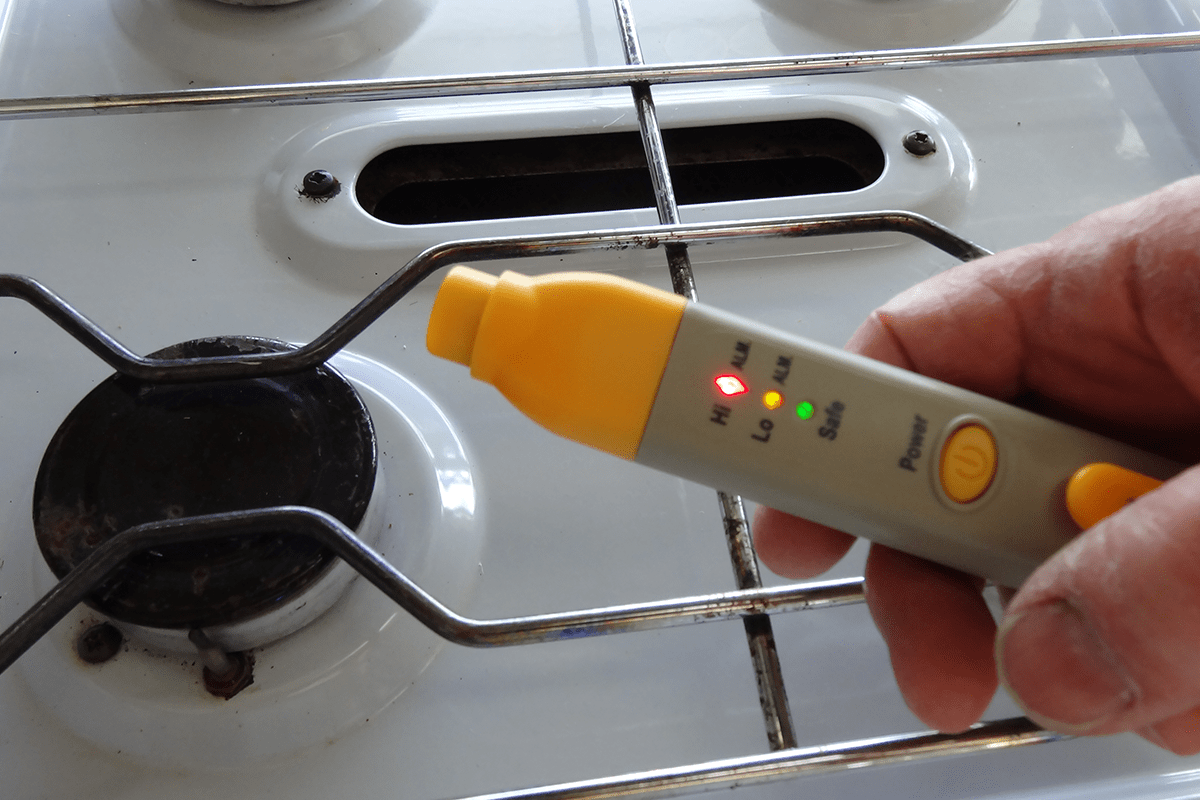
A source of contention about AS/NZ 5601 is that although it’s a Federal Standard, the states and NZ all treat it slightly differently so that a few items might be legal in one state and not in another. One notable example is locked/unlocked access to gas cylinder bins in van-based motorhomes. That said, if considering any RV purchase, new or second-hand from whatever state/country you happen to be in, then getting a gas certificate is certainly recommended.
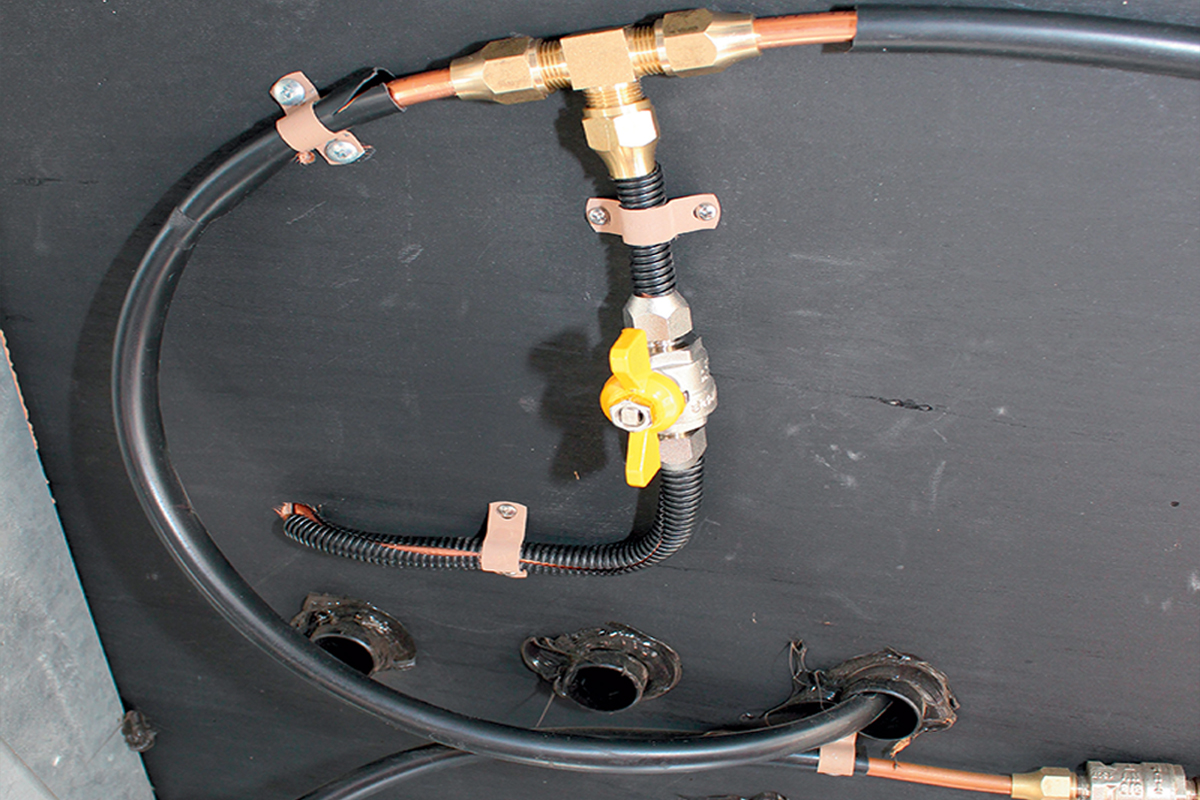
The bottom line here is that it doesn’t matter which state/country you are in, a licensed person is required for all installation/remedial work.
MEET THE AUTHOR

Malcolm Street
Malcolm Street began caravanning in the early 1970s, first in a Viscount and later in a York, the former towed by a Holden Kingswood. Malcolm has RV’d extensively across Australia, New Zealand and Britain. He became an RV journalist in 1999. Each year, he reviews around 40 caravans and motorhomes in Oz and NZ. Yes, he’s a well-travelled bloke with no shortage of campfire opinions about how a given caravan could be better put together.

